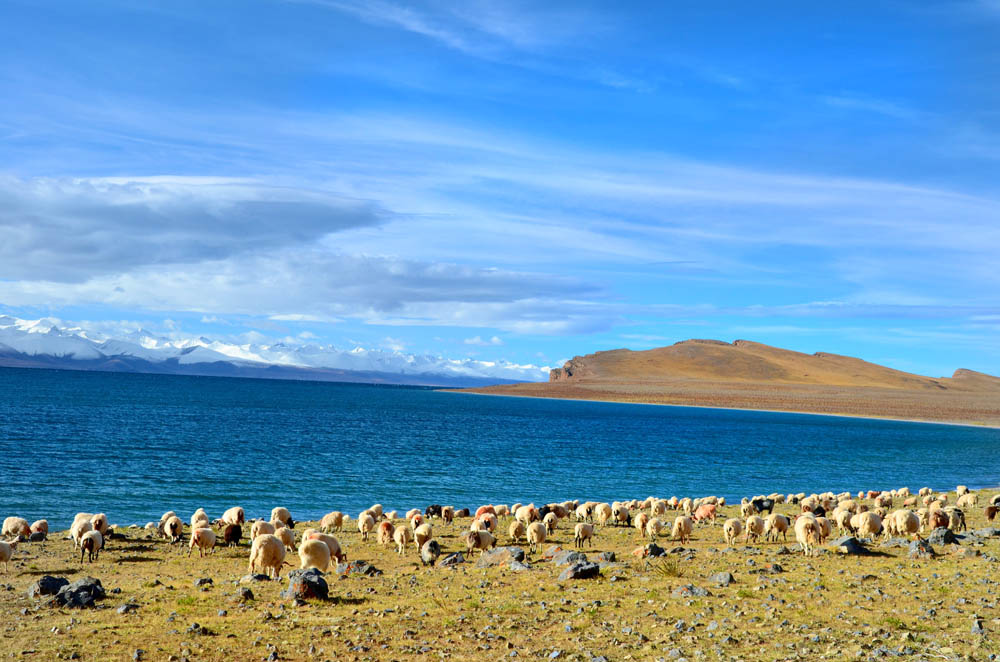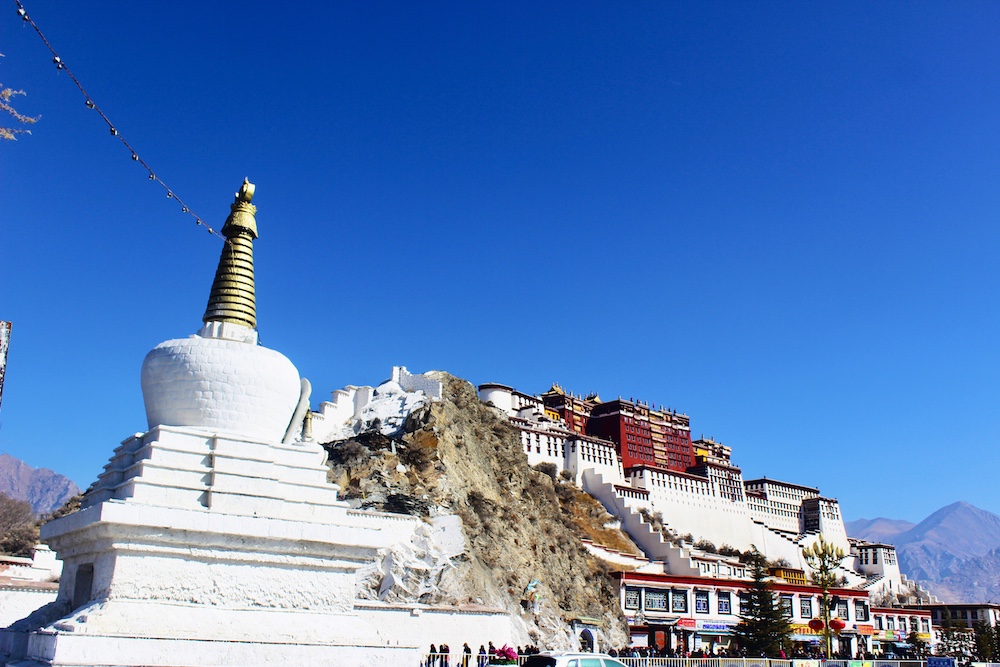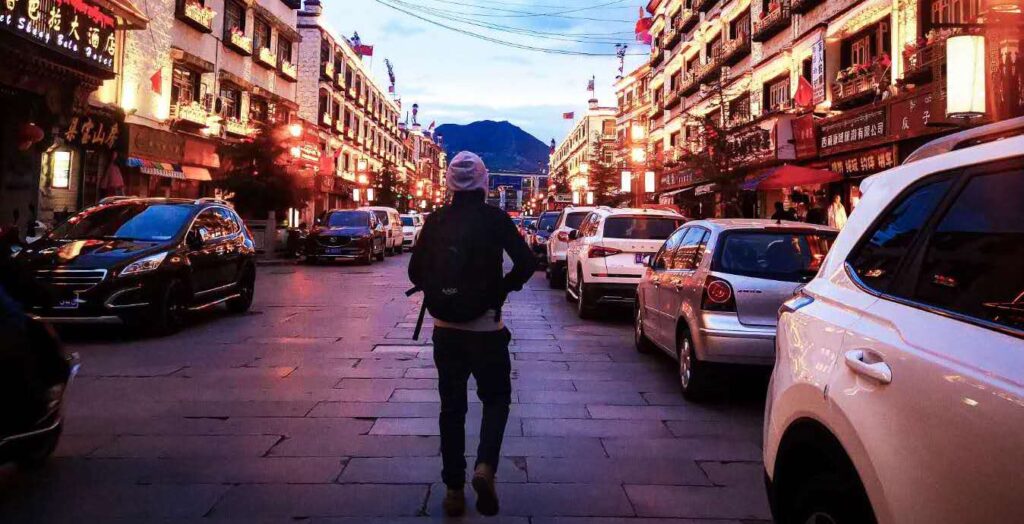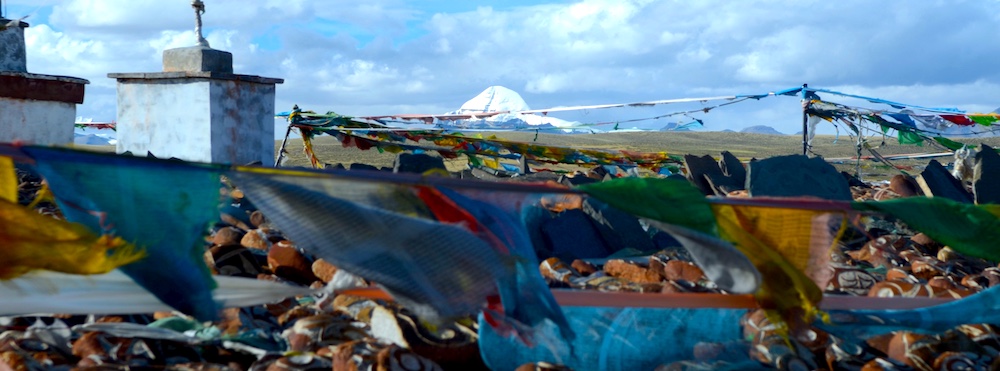Traveling to the Tibet Autonomous Region, the part of China that lies on the world’s highest plateau, is an amazing experience of high mountains, unique culture, strange landscapes, and ancient Buddhist beliefs. Touring on the Tibetan plateau is an experience unlike any other in the world. Sitting on the Roof of the World, this vast open plateau is crisscrossed with mountains and rivers, dotted with lakes, and filled with Buddhist monasteries that all add to the charm and attraction of the region.

Top Experiences in Tibet
Tibet has a wealth of experiences for you to try while you are traveling there. Each attraction is individual and unique, and there are no two places that are the same on the plateau. You may have hundreds of Buddhist monasteries, but no two monasteries are alike, just as no two mountains are alike either. The plateau is filled with wondrous sights and fantastic experiences that will last you a lifetime. And while this beautiful land demands that you should visit every nook and cranny of the plateau to get the best experience, the following tour experiences are some of the best on the plateau.
Enjoy the guided tour with exciting explanations
While independent travel is not permitted in Tibet, this is not much of an issue for tourism, as the guided tours are an added part of the whole Tibetan experience. It may be fun to be independent in some places, but for Tibet, the guide is a necessity and can make the difference between a good tour of Tibet and a great tour.

Explore the sights and sounds of Lhasa
The capital city of Tibet and the highest capital city in the world, Lhasa is a hotbed of amazing experiences that will leave you stunned. Oy can start with climbing the steps to the top of the Red Hill, known here as Moburi, to explore the spectacular Potala Palace. An iconic landmark of Tibet, the palace was built by the Dalai Lama as his court and offices of governance in ancient Tibet. Now a spiritual attraction in the heart of Lhasa, this fantastic monument to a long-gone age embodies the heart of a tour of Tibet.
The capital city, which is renowned as the heart of Tibetan culture and religion, is also the home of the most sacred temple in Tibet. The famous Jokhang Temple, in the center of the city, was built on the site more than 1,300 years ago for the Chinese wife of the 33rd King of Tibet, Songtsen Gampo. Revered by all the schools of Tibetan Buddhism, the temple houses the famous Jowo Rinpoche, a statue of Buddha brought to Tibet by Princess Wencheng in the 6th century. It is believed to be the oldest known statue of Buddha and is said to have been blessed by the Buddha himself more than 2,500 years ago.

Around the Jokhang Temple lies the famed Barkhor Street, stretching for about 5 kilometers around the grounds of the temple. Once the ancient ritual kora route for pilgrims to the temple, this well-worn track now follows the roads that surround the temple and is still used as the kora walk by pilgrims coming to pray at the sacred temple. One of the best experiences in the city is walking alongside the devout pilgrims around the temple, spinning the prayer wheels and feeling the deep devotion these spiritual people have for Buddha and their beliefs.
Visit the fantastic Everest Base Camp in Western Tibet
Out in the far west of Tibet, on the border with Nepal, lies the world’s highest mountain – Mount Everest. While this may not be the devout Tibetan experience of other sites in this vast open landscape, it is an experience you will never forget nonetheless. The main reason some tourists come to Tibet is to stand in the shadow of Mount Everest at the Everest Base Camp (EBC) and drink in the beauty of their surroundings and the awesome view of the highest peak on the planet. While many of the experiences in Tibet are related to the people, customs, and religion, this one is wholly scenic and one of the most amazing experiences in Tibet.
Take on the epic three-day Mount Kailash Kora Trek
One of the most sacred places in Tibet, Mount Kailash is believed to be the most sacred mountain in the world. Lying in the farthest region of the plateau, in the far northwest of Tibet, this awe-inspiring pyramid-shaped mountain is the focus of four separate religions, and is paramount in several legends in both Buddhism and Hinduism. Believed to be the legendary Mount Meru, the center of the universe, the Hindus believe it is the home of Lord Shiva and his wife, Parvati.
While it is not permitted to climb such a sacred mountain, you can join the thousands of Hindu and Buddhist pilgrims on their long pilgrimage around the mountain’s epic kora route. The kora walk is known as the most arduous trek in Tibet and is not for the faint-hearted.

A three-day hike around the base of the beautiful mountain, crossing a pass at more than 5,000 meters, the hike is a spiritual odyssey for Tibetans and the most devout kora that they can do in Tibet. And while some can make it around the entire 52-kilometer route in one day, others take several weeks to complete each circumambulation, prostrating themselves before the mountain every few steps.
Experience the wonders of Tibetan Festivals
Tibet is a land where festivals are commonplace, and there is no single month where there is not at least one festival being held somewhere in Tibet. Attending the festival is a matter of the utmost importance for the Tibetans, who love festivals and all the exciting experiences they bring. From the devotion of praying and throwing khada over the massive thangkas unfurled in some of the monasteries to the delights of eating yogurt in the gardens of Norbulingka, or enjoying the beauty of the harvest festivals, Tibetans will visit every festival they can find.
And festivals are also a great opportunity to explore more of the unique Tibetan culture and religion. Culture and religion are closely intertwined in Tibet, and it can be hard to tell where one ends and the other begins. Festivals are the same. Religious festivals such as the stunning Butter Lamp Festival are also major social gatherings with lots of good food and celebrations. And the awesome Yogurt festival, known as the Shoton Festival in Tibet, is also a religious ceremony that thanks to the monks for their long fasting and sacrifice. Few experiences in the world can come close to those you can find at the Tibetan festivals, and all are worth visiting.
